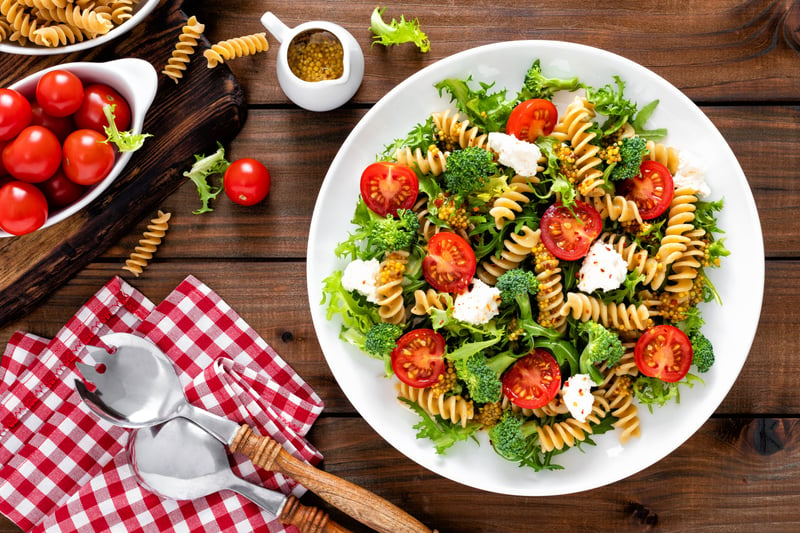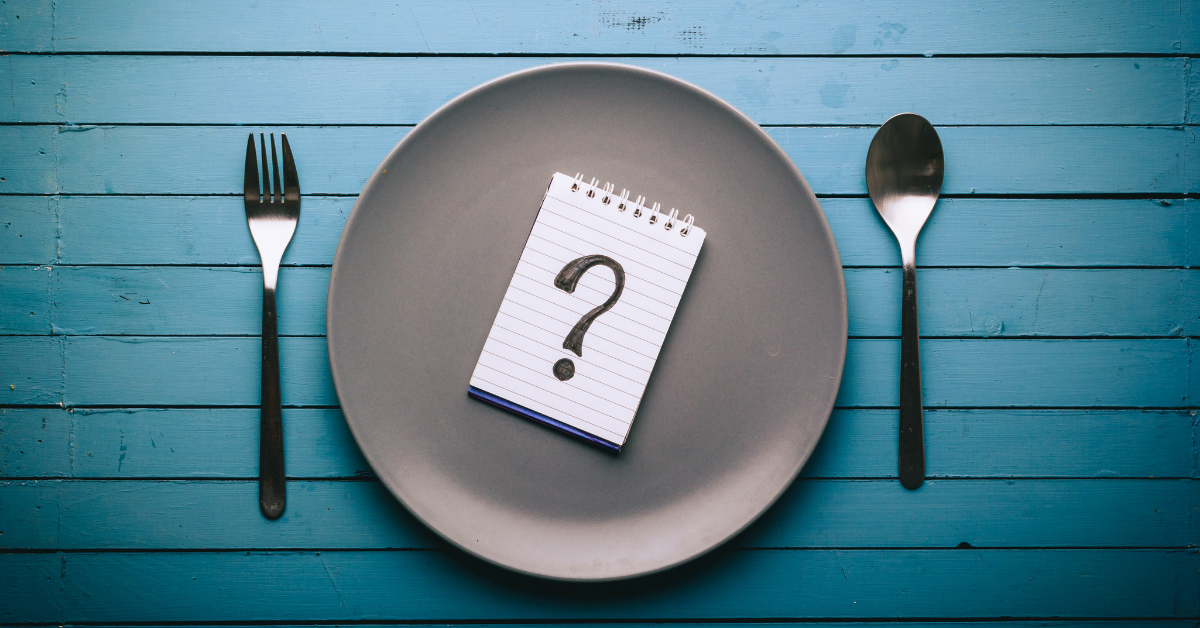Is it true that eliminating gluten makes you lose weight? What are the "good"and "bad" foods for your health? Is it true that reducing total calories is enough to lose weight and stay healthy?
These are just some of the questions that arise from the circulation of false beliefs in the food field. In these articles, we talk about it with Dr. Jessica Falcone, nutritionist biologist at San Raffaele Turro Hospital.

In recent years, the world of science and nutrition has increasingly been contaminated by disinformation and the spread of fake news that may be very dangerous when it comes to health. It is not always easy to distinguish them from the vast amount of information we get.
The science of nutrition is based on scientific evidences that rigorously allows the supply of information always updated and validated by continuous research.
.jpg?width=800&height=534&name=Alimentazione_Falsi_Miti_Calorie_Carboidrati_Spesa_Perdere_Peso_Nutrienti_UniSR%20(3).jpg)
Diet and carbohydrates
Let's start by stating that there's no right or wrong, healthier or avoidable food. It is not the food alone that makes the difference when it comes to health.
What matters is the diet, etymologically 'lifestyle'. It is important to have a balanced diet, which includes a good amount of vegetables, both raw and cooked, and fruit, but without forgetting the other essential nutrients (carbohydrates, proteins and fats).
One of the most widespread false myths is the idea that foods that contain more carbohydrates can get you fat. In order to have a healthy diet, carbohydrates represent the main source of energy and are essential nutrients, i.e. our body must necessarily take them through food because it is not able to produce them on its own.
.jpg?width=800&height=533&name=Alimentazione_Falsi_Miti_Glutine_Celiachia_Carboidrati_Cereali_UniSR%20(4).jpg)
From a chemical point of view, the caloric intake of carbohydrates, as well as of proteins, corresponds to 4 kcal/gram. By structuring a carbohydrate-free diet, there are actually no health benefits: in the short term, this causes fatigue, irritability, less ability to concentrate. The muscles, the brain, the heart in fact use sugars to function.
There are no advantages even for weight loss or for maintaining weight: eliminating carbohydrates causes you to lose fluids and weakens lean body mass.
At dinnertime, the consumption of carbohydrates is recommended because it improves the quality of sleep and increases the production of serotonin.
.jpg?width=800&height=533&name=Alimentazione_Falsi_Miti_Calorie_Carboidrati_Spesa_Perdere_Peso_Nutrienti_UniSR%20(1).jpg)
Tips for a conscious grocery shopping
When we go grocery shopping, we may put products in the cart basing on "the less calories, the better" belief. But this is not exactly true: calories are not all created equal.
The real difference must be observed in the type of food we choose. As far as carbohydrates are concerned, choices must be oriented, for daily consumption, towards foods that contain slow-absorbing complex carbohydrates such as whole grains (e.g. spelt, barley, brown rice, oats, pasta, wholemeal bread, etc.). These foods also provide other important nutrients such as vitamins, minerals, fiber and functional substances that preserve our health and protect us from the risk of many diseases.
.jpg?width=800&height=450&name=Alimentazione_Falsi_Miti_Calorie_Carboidrati_Spesa_Perdere_Peso_Nutrienti_UniSR%20(2).jpg)
Instead, we need to reduce the frequencies of foods that contain simple sugars and refined flours (packaged, industrial products...). They do not satiate us and indeed, in the long term, they make us feel hungry again and so our brain and our body still require food.
Click here for the second part of the article
References
- Soc Sci Med. 2019 Nov;240:112552. doi: 10.1016/j.socscimed.2019.112552. Epub 2019 Sep 18. Systematic Literature Review on the Spread of Health-related Misinformation on Social Media.
- Z Gerontol Geriatr. 2020 Jul;53(4):290-294. doi: 10.1007/s00391-020-01726-1. Epub 2020 Apr 24.Carbohydrates in nutrition: friend or foe?



.jpg?width=800&height=534&name=Alimentazione_Falsi_Miti_Calorie_Carboidrati_Spesa_Perdere_Peso_Nutrienti_UniSR%20(3).jpg)
.jpg?width=800&height=533&name=Alimentazione_Falsi_Miti_Glutine_Celiachia_Carboidrati_Cereali_UniSR%20(4).jpg)
.jpg?width=800&height=533&name=Alimentazione_Falsi_Miti_Calorie_Carboidrati_Spesa_Perdere_Peso_Nutrienti_UniSR%20(1).jpg)
.jpg?width=800&height=450&name=Alimentazione_Falsi_Miti_Calorie_Carboidrati_Spesa_Perdere_Peso_Nutrienti_UniSR%20(2).jpg)